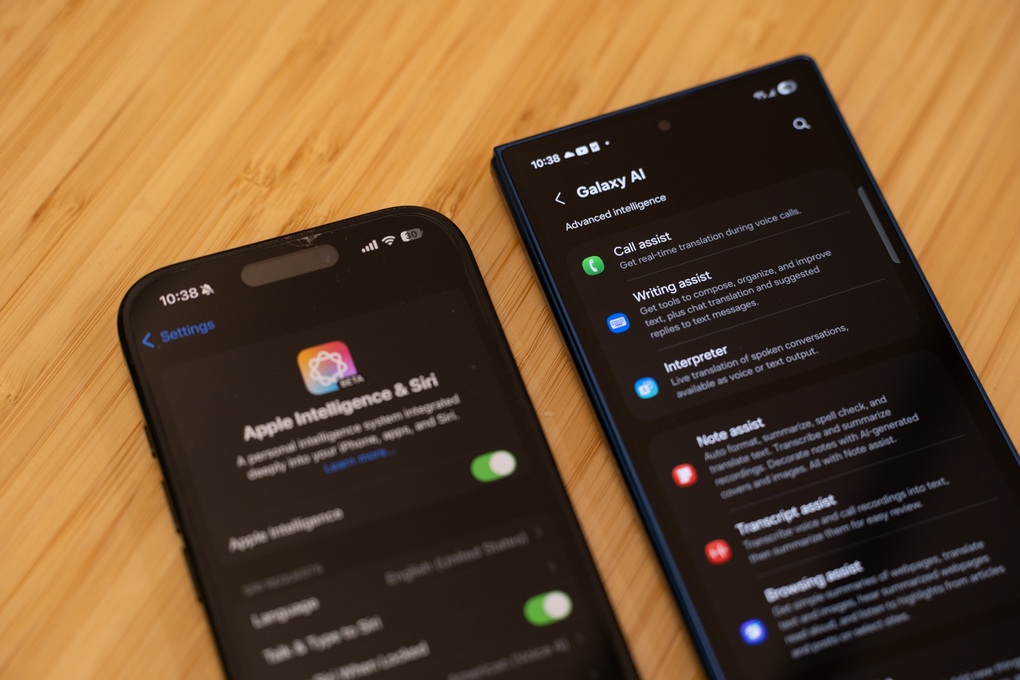
Apple and Samsung are racing to bring artificial intelligence technology to phones (Photo: Jose Altoveros).
But now, a new and much more sophisticated front has opened: the war of artificial intelligence.
Let's put aside the familiar device comparisons for a moment, and dive into the "brain" inside and see who has the upper hand: Apple Intelligence or Samsung Galaxy AI.
Apple Intelligence, launching in 2024 with iOS 18, is Apple's long-awaited answer in the AI race.
Even though Apple Intelligence has started to appear on the high-end iPhone Pro models, it still feels like a platform that is still in the process of being completed, with notable features such as Writing Tools, ChatGPT integration, Image Playground, and Genmoji.
Meanwhile, Samsung's Galaxy AI will also officially launch in 2024. From the beginning, the company chose a broader approach by bringing AI to many product lines, not limited to the flagship segment.
With the OneUI 8 update and close collaboration with Google's Gemini, Galaxy AI delivers a seamless experience with a range of tools such as call support, note taking, as well as AI-generated photo, video , and audio editing.
However, all of this is just on paper. How is it in practice? Technology reporter Jose Altoveros (Yuga Tech) directly tested it on iPhone 16 Pro (iOS 18.6) and Samsung Galaxy Z Fold7 (OneUI 8).
Who is really “smarter”?
In terms of photo editing, the feature of removing extra objects in photos is one of the favorite AI applications from users, Samsung calls it generative photo editing, and Apple simply calls it cleaning.
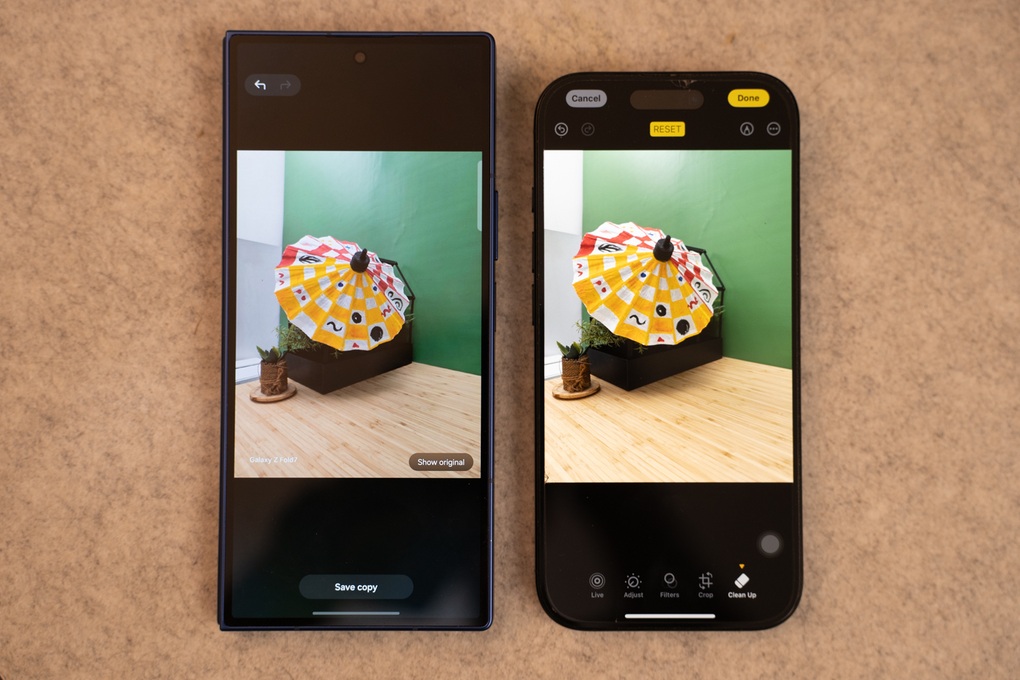
When it comes to removing real objects from photos, Apple and Samsung are on par with each other (Photo: Jose Altoveros).
Both do a good job of making objects disappear from the photo. However, when you dig deeper into the details, the differences start to show.
Apple's AI is a bit faster, but the Galaxy AI is more meticulous in recreating the background naturally.
The Galaxy AI's selling point is its ability to select multiple objects at once to remove, making cleaning up a crowded scene much easier and more efficient.
With Apple, users will have to patiently scan and select each object one by one. Obviously, if you want to take a portrait photo and completely clean up the complex background, Galaxy AI is the superior tool.
On the other hand, video and audio editing, Galaxy AI is more outstanding; not just stopping at still images, Samsung brings AI power to videos with the audio removal feature.
Imagine you are vlogging in a noisy place and forgot to bring your microphone, this feature will be a lifesaver, helping to filter out background noise and highlight your voice.
While not perfect, it's still a game-changer for content creators.
At the moment, Apple Intelligence has absolutely no answer for this feature.
Visual Search
When you want to learn about an unfamiliar object in a photo, AI can be a great help. Apple offers Visual Look Up, but it's pretty limited, only good at identifying certain animals, foods, and plants.
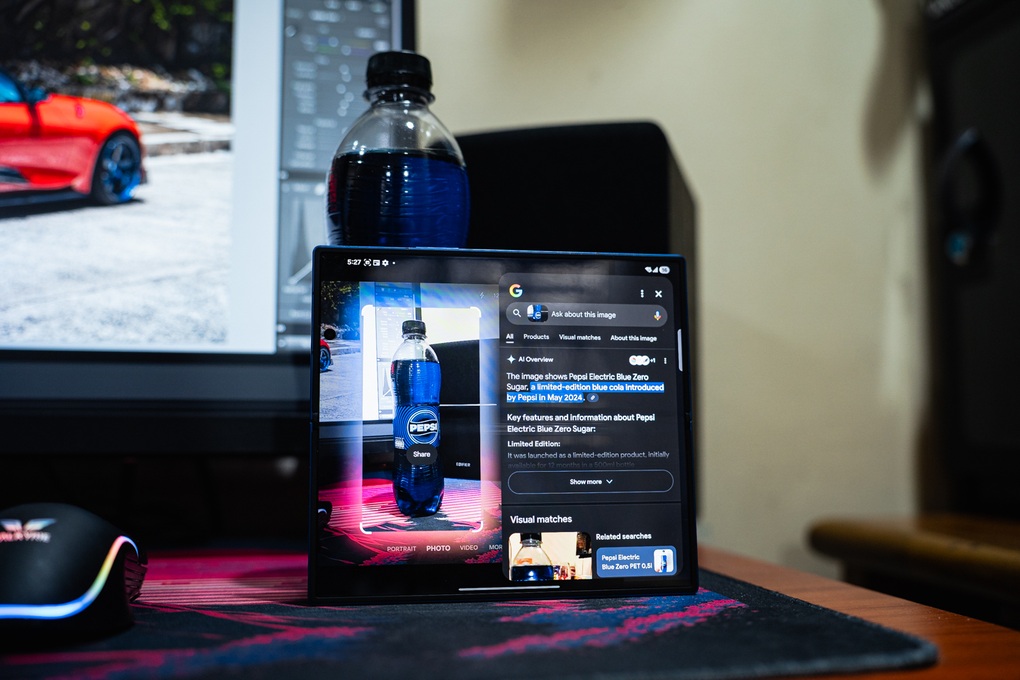
Searching on images, Samsung has the advantage over Apple (Photo: Jose Altoveros).
In contrast, Galaxy AI takes full advantage of Google's power through its Gemini-integrated circle-to-search feature.
Just draw a circle around anything you're curious about on the screen - whether it's in a photo, video, or right in the camera viewfinder - and the results will appear instantly. It's much more intuitive and convenient.
Productivity and language
Both platforms have summarizing tools and text editing support in the notes app. But the Galaxy AI's trump card is its ability to break down language barriers.
The live translation feature during calls is a technological miracle, allowing real-time translation, helping you confidently communicate with international partners or friends without knowing their language.

Galaxy AI stands out from Apple with its live translation capabilities (Photo: Jose Altoveros).
For those who regularly work with foreign clients, this is a huge advantage.
The translation function is also intelligently designed for live conversations, displaying the translation in parallel on the screen, creating a natural feeling like a real conversation.
Apple plans to integrate a similar feature into Siri, but for now, that remains a promise for the future.
Ecosystem and accessibility issues
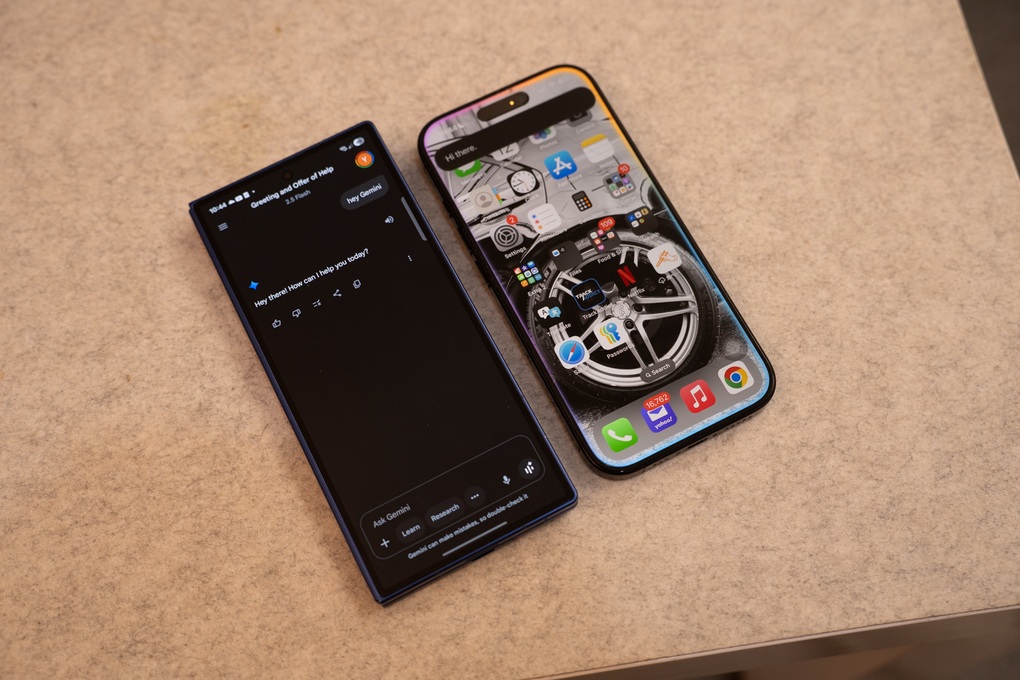
At the moment, the Samsung Galaxy AI is the convincing winner (Photo: Jose Altoveros).
This is arguably the biggest difference in the two companies’ AI strategies. For Apple, the expensive hardware barrier means that Apple Intelligence is currently limited to the iPhone 15 Pro, iPhone 16, and some of the latest iPad models. That means many users who still own devices that are only a few years old are left out of the game.
In contrast, Samsung has taken a more open approach by bringing Galaxy AI to a wide range of products, from the high-end Galaxy S22 to some mid-range A-series models. This strategy shows the company's efforts to popularize AI to a wide range of users.
At the moment, it can be said that Galaxy AI is bringing a more comprehensive experience with a rich set of tools: multimedia editing, smart search, global communication... with the advantage of appearing on many devices. Meanwhile, Apple Intelligence is still in the shaping stage, rich in potential but has not really brought out its full power.
However, this race is not over. Apple has the advantage of a cohesive ecosystem and software-hardware optimization capabilities, while Samsung has the advantage of coverage. The mobile AI throne today may temporarily lean towards Galaxy AI, but the future is still open for both.
Source: https://dantri.com.vn/cong-nghe/so-sanh-tinh-nang-ai-tren-iphone-va-galaxy-ben-nao-thuc-su-thong-minh-hon-20250825150928341.htm



![[Photo] Hanoi: Authorities work hard to overcome the effects of heavy rain](https://vphoto.vietnam.vn/thumb/1200x675/vietnam/resource/IMAGE/2025/8/26/380f98ee36a34e62a9b7894b020112a8)

![[Photo] Multi-colored cultural space at the Exhibition "80 years of the journey of Independence - Freedom - Happiness"](https://vphoto.vietnam.vn/thumb/1200x675/vietnam/resource/IMAGE/2025/8/26/fe69de34803e4ac1bf88ce49813d95d8)


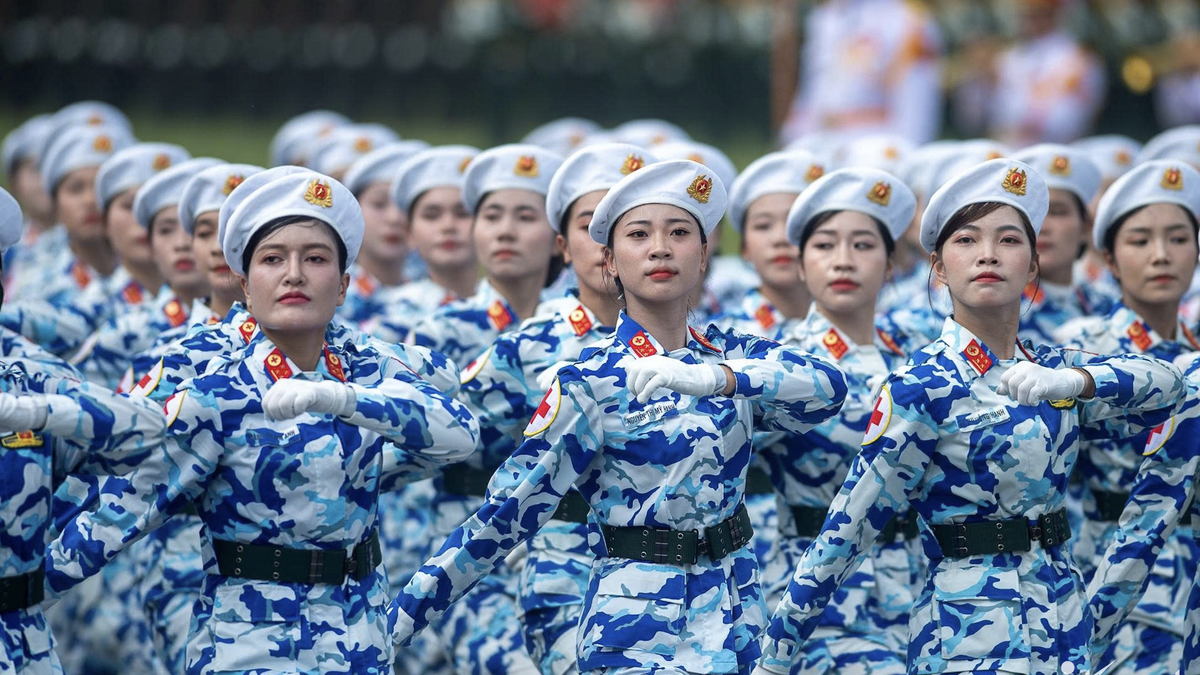


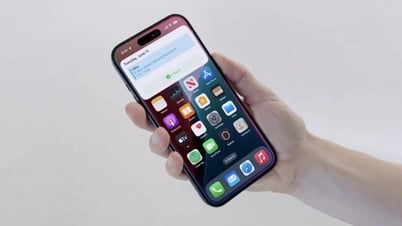
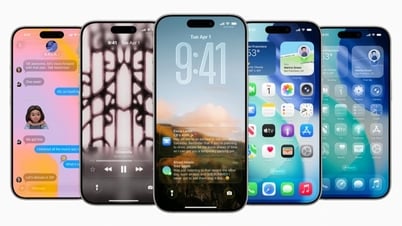


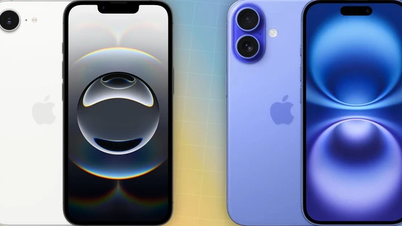








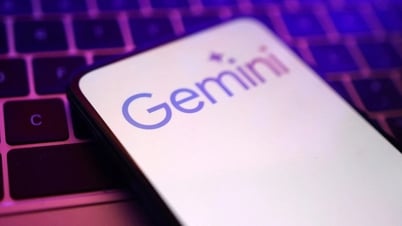

















































































Comment (0)